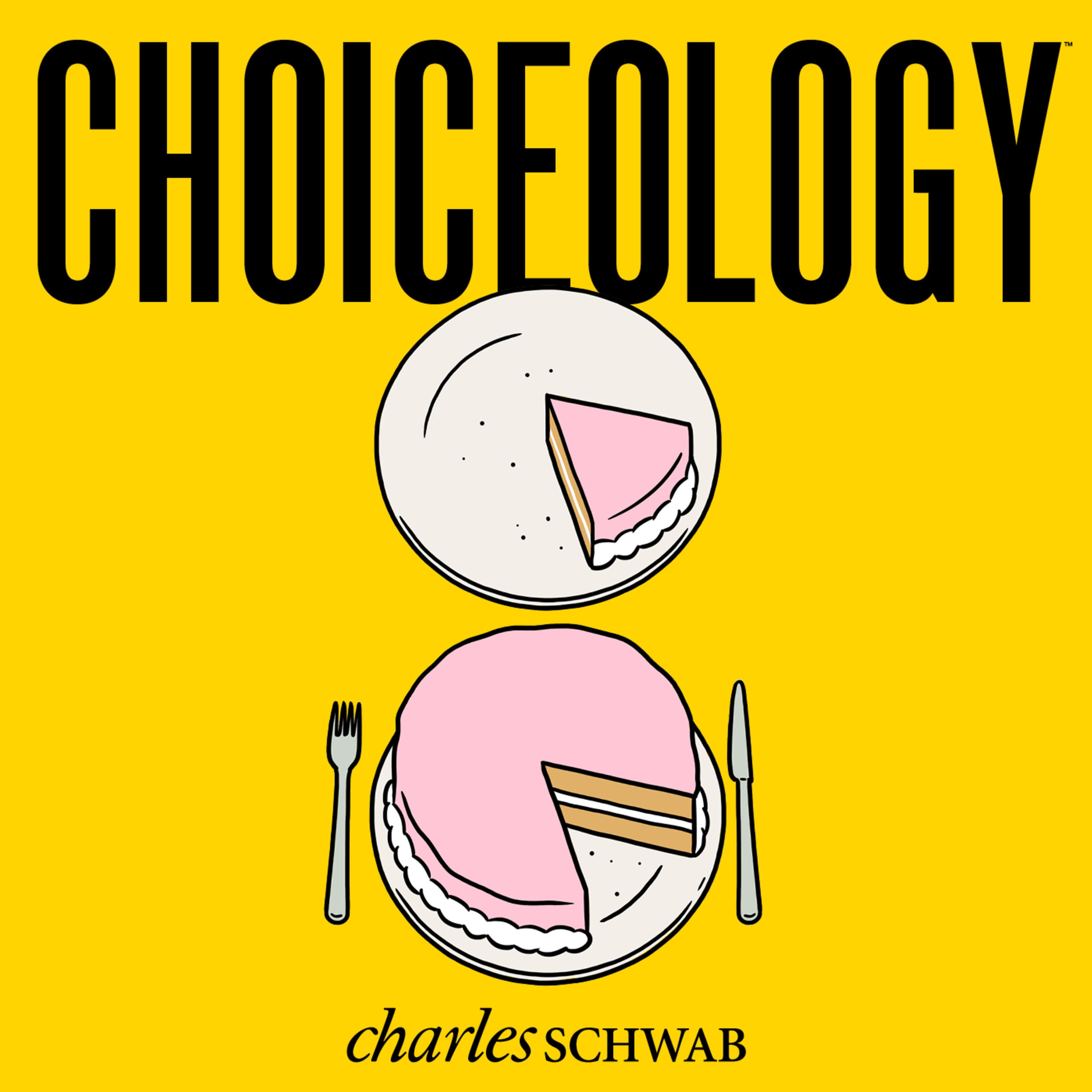The Temptation of Now: With Guests Richard Thaler & Angela Duckworth
In this episode of Choiceology with Katy Milkman, we look at a bias that has an outsized influence on decisions you make in the here and now.
- The show begins with an experiment that reveals how difficult it is to avoid the temptation of junk food—and how the power of that temptation is affected by time.
- Then, you'll hear the story of a man who spent his childhood in relative poverty but found himself wealthy beyond his dreams by the time he was a teenager. This unexpected windfall changed his life in an instant. But it ultimately became a painful lesson on the dangers of living only for the present.
You'll also hear from two heavyweights in the world of psychology and economics.
- Richard Thaler is a Nobel Prize–winning economist and co-author of Nudge: Improving Decisions About Health, Wealth, and Happiness. Thaler tells the story of how he came to discover and research this bias.
- Renowned psychologist Angela Duckworth explores some of the ways you can combat temptation and make better decisions for your future. She's the author of the bestseller Grit: The Power of Passion and Perseverance.
Finally, Katy Milkman offers additional tips to help you avoid the pitfalls of this bias: with behavioral tools such as temptation bundling and commitment devices.
Choiceology is an original podcast from Charles Schwab.
If you enjoy the show, please leave a rating or review on Apple Podcasts.
Learn more about behavioral finance.
Explore more topics
All expressions of opinion are subject to change without notice in reaction to shifting market conditions.
Data contained herein from third-party providers is obtained from what are considered reliable sources. However, its accuracy, completeness or reliability cannot be guaranteed.
Apple Podcasts and the Apple logo are trademarks of Apple Inc., registered in the U.S. and other countries.
Google Podcasts and the Google Podcasts logo are trademarks of Google LLC.
Spotify and the Spotify logo are registered trademarks of Spotify AB.



